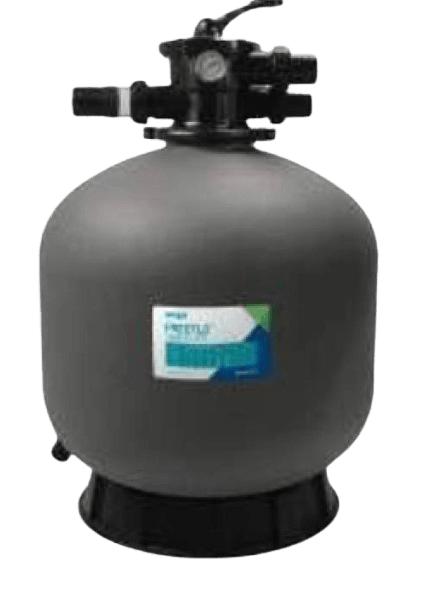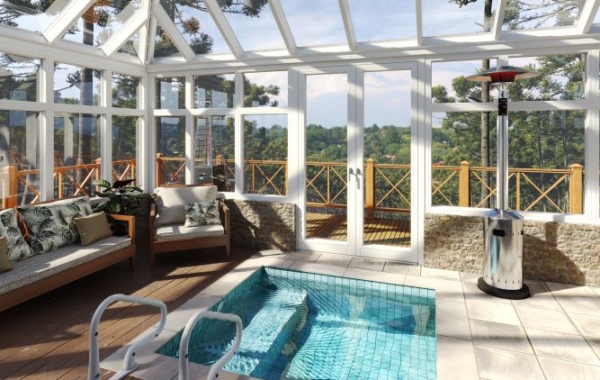Welcome
Filtration options and services
All pools require both a filtration system and a sanitation system. The filtration system removes physical debris and particles from the water, ensuring clarity. The sanitation system, on the other hand, kills bacteria, viruses, and algae to maintain a safe and hygienic swimming environment. Both systems work together for optimal pool maintenance.
Exploring Different Pool Sanitation Options
Maintaining a clean and safe swimming pool involves choosing the right sanitation method. Here are the key options available, along with their benefits:
Chlorine Pools
Salt Water Pools
Magnesium or Mineral Pools
Copper or Ionizer Pools
Hydrogen Peroxide
Ozone generators



Exploring Different Pool Filtration Options
Cartridge Filters vs. Media Filters
Cartridge Filters:
Cartridge filters use replaceable filter cartridges made of pleated fabric to trap debris and particles as water passes through. These filters are highly efficient at capturing fine particles, providing excellent water clarity. They require less water for cleaning and backwashing compared to media filters, making them more water-efficient. Maintenance involves simply removing, cleaning, or replacing the cartridges periodically.
Benefits:
Media Filters
Media filters can use either glass or river sand as the filtration medium. Water passes through the media, which traps debris and particles. Glass media is more efficient and lasts longer than sand, offering superior filtration. River sand is a traditional and cost-effective option. Media filters require regular backwashing to clean the filter media.
Benefits:
Both filtration systems are effective, but cartridge filters excel in ease of maintenance and water efficiency, while media filters work well and are easy to clean, they can have high water consumption and some councils will require a plumber to connect the filter to a sewer or stormwater system. This is sometimes not possible.

